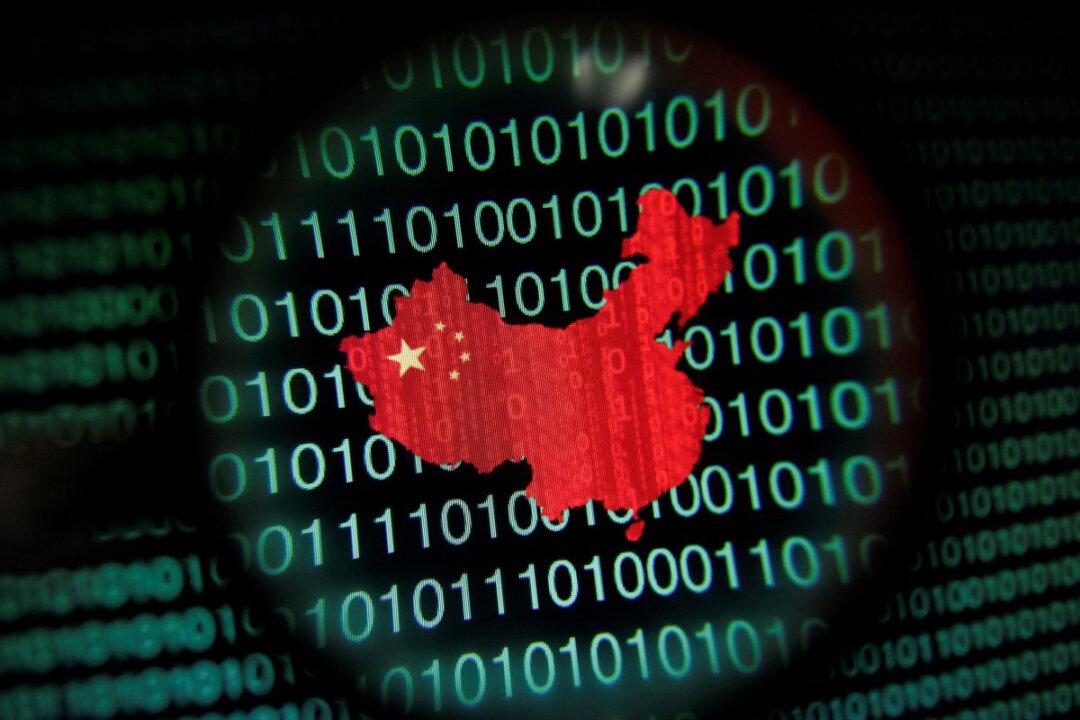Commentary
One of the great lessons of the past two years has been that the events poised to change our lives often percolate far from public consciousness.

One of the great lessons of the past two years has been that the events poised to change our lives often percolate far from public consciousness.